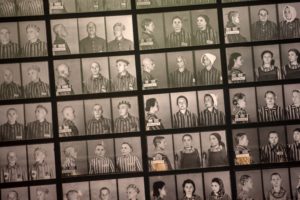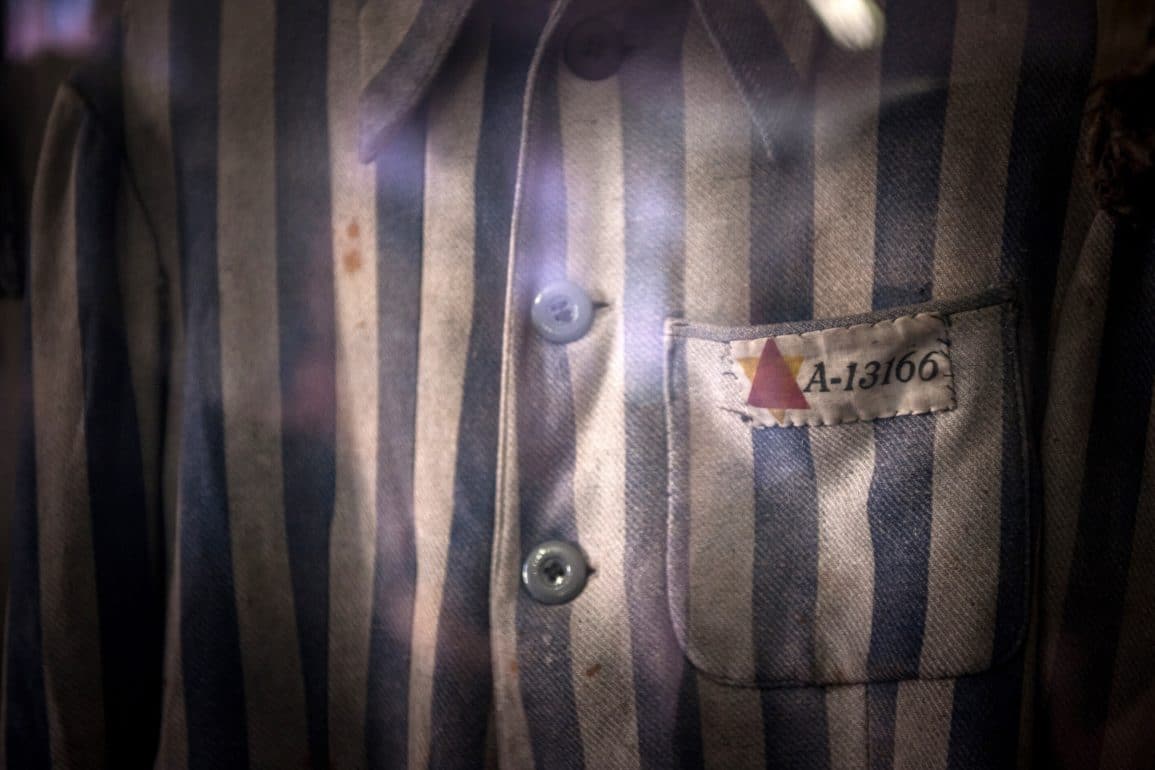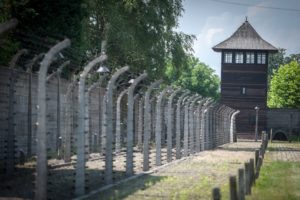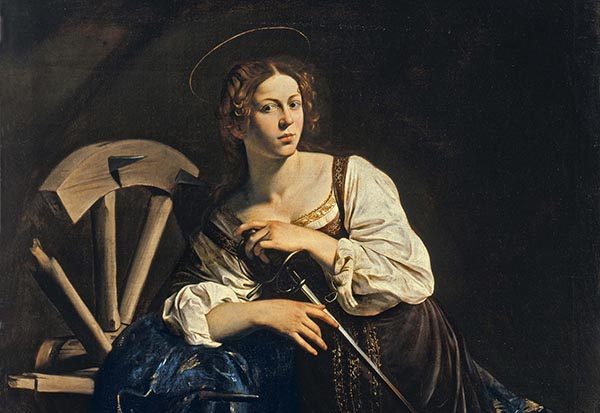We had hoped World War II would be a warning for humanity, first of all for the Europeans, who had so recently experienced its atrocities. War in Europe was never to have reoccurred, told Dr. Robert Derewenda, Director of the Lublin Bureau of the National Remembrance Institute, a lecturer at the John Paul II Catholic University of Lublin. Dr. Derewenda was interviewed on the Day of Remembrance for Victims of the German Nazi Concentration Camps and Death Camps. Since 2006, this day has been commemorated across Poland on June 14.
“The current situation resonates with today’s commemoration of the Day of Remembrance for Victims of the German Nazi Concentration Camps and Death Camps. Never would we expect that today, in the 21st century, war could reoccur. This war threatens the Ukrainian nation in the heart of Europe. We had hoped that World War II would serve as a warning for humanity, first of all for the Europeans, who had only recently experienced its atrocities. The war was only meant to be learned about from books. War in Europe was never to have happened again,” stressed Dr. Derewenda.
Director of the IPN in Lublin observed that today, at the onset of an ongoing conflict in Ukraine, we must be made aware of the dire ramifications of any war. “During World War II, inhumane atrocities did not happen right away. Humans crossed ever new lines. The occupation of Austria, Czechoslovakia and Poland was soon followed by the invasion of other countries. Concentration camps which were established first gave rise to the comprehensive death and extermination machine; what started off as concentration camps turned into death camps.”
The researcher pointed to the wave of fake news and manipulation in the communications media concerning the situation in Ukraine. The historian stressed that just as during World War II, today one notices efforts to justify military action to diminish responsibility for the crimes committed. “While during World War II the identification of the perpetrators was indisputable, once the war was over this began to change. It was pointed out that perhaps if it had not been for the consent and tacit approval of other nations the Holocaust might not have happened. Attempts were made to relativize the responsibility of the Germans for the crime machine that they not only set in motion, but also carried out until the very last days of the war. Today one can also observe attempts at manipulation. During World War II, the Germans used ideology to justify their operations, while today the Russian side is looking for some justification to invade Ukraine and take hold of its sovereign lands at the price of murdering people. It is difficult to convince the victims, but the perpetrators create a certain space to assuage their remorse. We know this from the time of the Second World War,” emphasized Dr. Derewenda.
“Today we are on the cusp of a certain process that has been set in motion in Ukraine. However, a question arises whether as Europe or as the world we will be able to stop further escalation of Vladimir Putin’s actions, or whether will we allow this dictator to go further?” asked the scholar.
The central celebrations of the Day of Remembrance for Victims of the German Nazi Concentration Camps and Death Camps will begin in the Pawiak Prison Museum in Warsaw. After a shared prayer, the participants will lay wreaths at the Warsaw-based Mausoleum of Concentration Camps Victims at Powązki Military Cemetery. The day will see a number of festivities and special events across Poland.
Director of the Museum in Treblinka Edward Kopówka notices that the Day of Remembrance for Victims of the German Nazi Concentration Camps presents an opportunity for paying joint homage to the victims of the most dreadful places. He stresses that “It is a time of a joint reckoning with the atrocity of that time. This year the celebrations in the Museum in Treblinka will be attended by a group of German citizens from Saxony-Anhalt. We will plant a tree together in the Korczak Woods to commemorate Janusz Korczak, his wards and collaborators on the 80th anniversary of his death. This will be a time of reconciliation, understanding and a joint call for peace.”
“+Never Again+ is the motto of the Museum in Treblinka. It seems that the modern world has failed to hear this message. Today we all live in the shadow of an ongoing war. We see that it leads to destruction, cruelty and human tragedy. Television has kept us abreast of what is happening in Ukraine for over a hundred days now. We can see with our own eyes what war entails. War is not mere history. A question arises, however, why has this history repeated itself? Why has this dreadful war lasted so long? What can be done to stop it so that peace can prevail?” – asked Director of the Museum in Treblinka.












